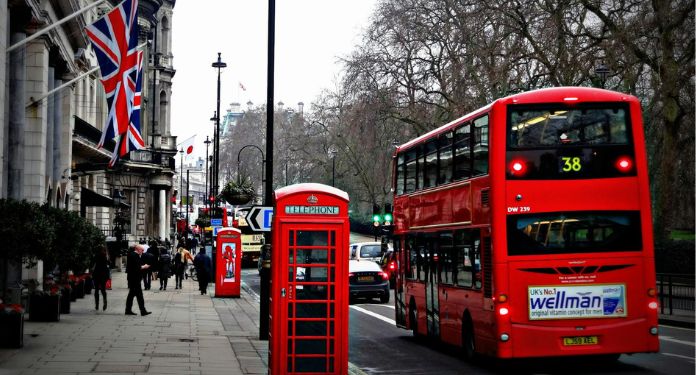The UK government is considering proposals that could double taxes on betting shops in an effort to raise up to £3 billion in additional funds. One of these proposals could see the tax on remote gaming increase to 50%.
UK gaming tax is currently 21% of operator profits, based on an increase in 2019 from the previous rate of 15%. General betting tax is 15% of net betting receipts, which is comparable to bookmakers’ gross profits.
According to The Guardian, there are several proposals on the table. They include plans to increase some taxes for online gaming operators. The sources said new measures could be included in this month’s budget.
Chancellor Rachel Reeves is expected to present the budget on October 30 – the first of the new Labor government. Labor won the general election by a landslide earlier this year and is now back in power after a 14-year absence.
In response to the report, the share prices of listed operators plummeted, with Entain falling by up to 15%, while Evoke shares fell by up to 16%. Playtech shares are currently down 13%, while Rank Group is trading down almost 7%.
Additionally, Flutter, which is now listed on the New York Stock Exchange, felt the immediate impact of the report. At the end of Friday’s trading, its share price plummeted and closed down almost 9%. Shares are currently down nearly 8% from their opening price.
Tax on bookmakers in the UK can reach 50%
The proposals are backed by one of the Labor Party’s top individual donors, Derek Webb, a former poker player and casino game inventor. According to local press, Webb has donated £1.3 million to Labor since the start of 2023.
A plan from the Institute for Public Policy Research (IPPR) suggests the government could raise up to £2.9 billion in 2025 by doubling taxes on the “most harmful” products, including sports betting and online casinos. The IPPR would not change taxes on games it considers “less harmful”, such as the National Lottery.
However, the current 15% general levy on land-based bookmakers’ profits could be doubled. The tax on online gaming could also jump to 50% under the same plan, which could be catastrophic for the sector.
“We suggest this is the best application of the ‘polluter pays’ principle and will create incentives for companies to focus on less harmful products,” IPPR said.
A second plan comes from the Social Market Foundation (SMF). Still in the drafting phase, this proposal would also include tax increases, but at a more moderate rate than the IPPR plan.
Partly funded by Webb, the SMF is proposing to increase the tax on remote gaming to 42%. This, he said, could raise approximately £900 million in additional funding.
How did the UK market react?
The Betting and Gaming Council (BGC) criticized the plans. “Comparable overseas markets, which have imposed draconian regulations and disproportionate tax regimes, have seen an increase in the illegal gaming market,” a spokesperson said.
Regulus Partners warned that profits would be largely or entirely eliminated if RGD was increased to 50%. “UK-related operating margins would need to be greater than 20% to prevent tax increases from causing operating losses.”
Inevitably, therefore, marketing, content and product fees and operating costs would have to be cut in order not to lose money, including but not limited to horse racing, even if horse racing was explicitly excluded from the tax increase – all costs would need to be seriously considered”, he added.
Goodbody analyst David Brohan said in a note that he did not expect the increase to be as large as reports suggested. Brohan estimates that a 3% to 5% increase in remote gaming rates is most likely.
“While it is clear that the focus will now be on tax increases for the sector in the next budget, we expect any increases to be moderate, in line with the economic importance of the market.”
Following in the footsteps of the Netherlands
If plans go ahead, the UK will become the latest European market to implement higher taxes on gambling. Last month, the Dutch parliament announced a staggered increase in taxes.
The rate will initially increase from 30.5% to 34.2% of gross income on January 1 next year. It will then rise again to 37.8% on January 1, 2026.
But the move was met with widespread criticism, with several stakeholders expressing that the increase could push operators out of the market or increase costs for consumers, causing them to turn to the gray market.
A damning report warned that the tax increase would cause significant losses for bookmakers. If this occurs, Holland Casino may close branches or cease its online operation.
Alan Littler, of Dutch gaming law firm Kalff Katz & Franssen, said the Dutch government “appears to be deaf to the industry’s concerns.”















